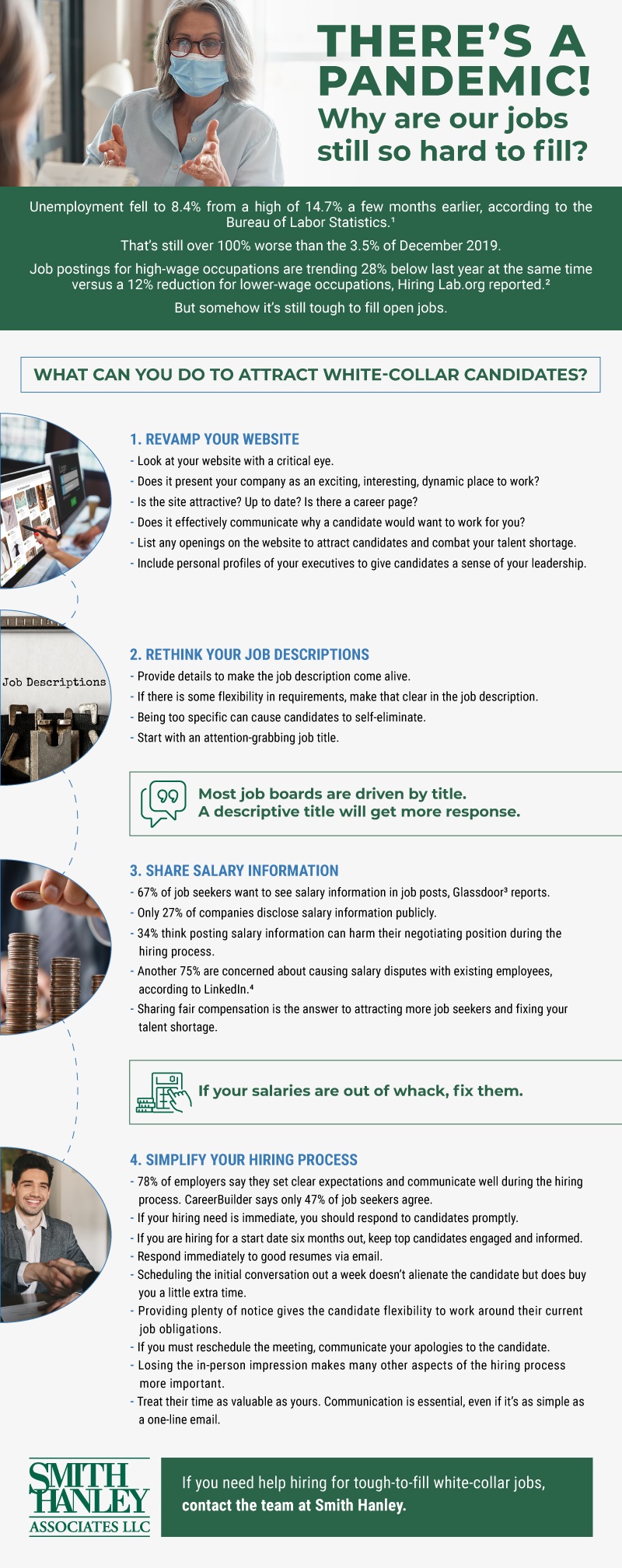
Senior job seekers have many tips to help them prepare for interviews. Asking questions and being open to learning about the job is a great way to show that you are interested in it. Dressing in a positive and energetic way is also important. These tips might help you get the job done. Continue reading to learn about the top tips for older job seekers!
Positivity
Older job seekers often have an uphill battle to land a job. Employers cannot discriminate on grounds of age. However, unconscious bias can still play a part in the hiring process. These tips are for older job-seekers that can help them get the job of their dreams, regardless of age.
A positive attitude at interview is the best tip. Employers prefer people who are positive and can work well with others. Negativity can only hurt your chances of getting the job.

Humility
If a job candidate is humble, it shows that they are not arrogant and cocky in interviews. The best employees don't show egotism or self-serving. They have a genuine desire to help others. It's also helpful to give examples of past accomplishments and achievements.
Interviews are a chance for candidates to show their dedication and determination to help the company succeed. A candidate should show that he or her values friendship and long-term professional relationships with employees and coworkers. This shows humility and dedication.
Limitation on time for work history
While most industries allow you to list your most recent ten to fifteen years of employment, limiting your work history to the most recent five or 10 years may help you to better present your most recent capabilities and contributions. Your older work history may highlight roles you have held but not your most recent skills. However, it can be a way to demonstrate your credibility and progress in your field by including older work histories.
While discrimination based on age is a common reality in today’s job market it is hard to prove. The largest generation to have ever been born was the baby boomers. They started their first job in the mid-sixties and were set up to dominate the workforce by the 1970s and 1980s. In order to protect these vulnerable members of previous generations, the ADEA was enacted in 1967. The Millennial generation has surpassed Gen X (Baby Boomers) in population, and Gen Z emerges as a new talent pool. This new generation is known for their tech skills and technological savvy, so it's impossible to ignore them when you are looking for work.

Dressing in a way that exudes energy
It can be challenging to dress appropriately for older job applicants. A CultureIQ survey found that over half of American employees feel comfortable wearing jeans to work, while nearly one-third prefer sneakers. These options are great for younger workers. But, it is better to stick with formality for older workers. Coworkers might also notice that you are wearing formal clothes to signal your desire to be part of a hierarchical structure.
Transferable skills
You can transfer your skills to many other job areas. A good example of this is a past sales experience in a retail setting. You can then transfer it to another type. Or you could learn a new skill to help your career. You can use your transferable skills to improve your chances of landing a job.
Although younger workers may believe that companies only want to hire young people for their jobs, recent labor statistics have shown a substantial increase in opportunities for older workers. Your age shouldn't stop you from looking for work. Employers value experience and maturity. So make sure you highlight those assets.